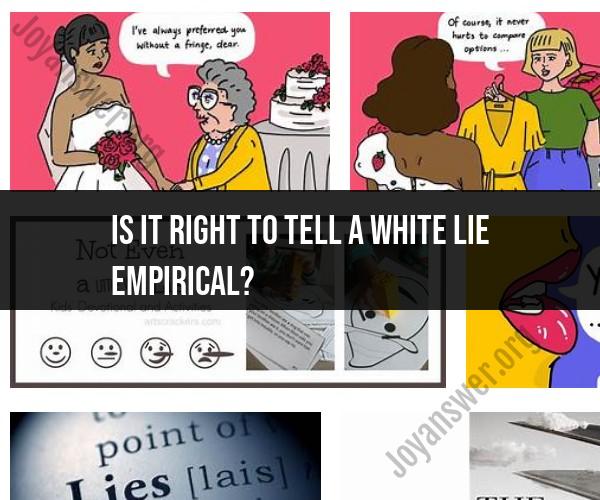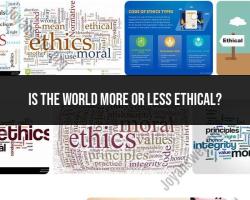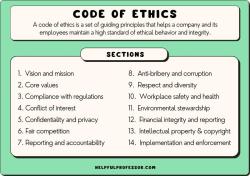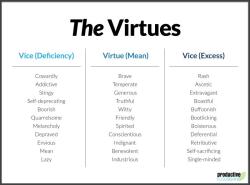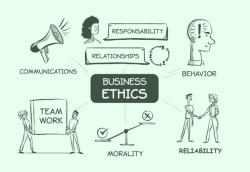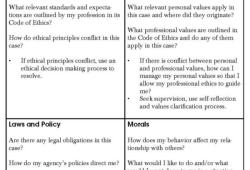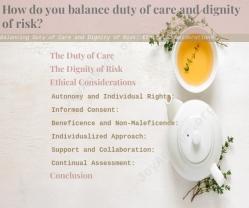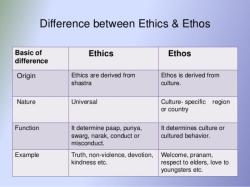Is it right to tell a white lie empirical?
The ethics of telling a white lie, like many ethical questions, is a subject of moral philosophy and individual judgment. Empirical research can provide insights into how people perceive and justify white lies, but it cannot definitively answer whether telling a white lie is "right" or "wrong." Instead, empirical research can inform our understanding of the ethical considerations and decision-making processes involved in such situations.
Empirical studies on lying and ethics can examine:
Social Norms and Cultural Differences: Research can investigate how social norms and cultural factors influence people's views on lying. What might be considered a white lie in one culture could be viewed differently in another.
Motivations for Lying: Studies can explore the reasons people give for telling white lies. Are they motivated by kindness, protecting someone's feelings, or self-interest?
Perceptions of Harm: Empirical research can gauge people's perceptions of harm caused by white lies compared to the potential harm from telling the truth. It can also examine how individuals weigh short-term benefits (e.g., avoiding immediate conflict) against long-term consequences (e.g., eroding trust).
Ethical Dilemmas: Researchers can create scenarios to study the ethical dilemmas people face when deciding whether to tell a white lie. This can shed light on the factors that influence decision-making.
Individual Differences: Research can explore how individual characteristics, such as personality traits, moral values, and cultural background, influence one's propensity to tell white lies.
It's important to note that ethical considerations are highly context-dependent and subjective. What one person considers morally acceptable in a given situation, another may find objectionable. Philosophical ethical theories, such as utilitarianism, deontology, and virtue ethics, provide frameworks for discussing the morality of lying, but these theories often yield different conclusions.
In practice, the decision to tell a white lie may involve a complex interplay of factors, including one's values, the specific circumstances, and one's assessment of the potential consequences. Some argue that certain white lies, told with good intentions and minimal harm, can be morally justifiable, while others insist on a strict principle of truth-telling in all situations.
Ultimately, whether it is "right" to tell a white lie remains a matter of personal judgment, influenced by cultural norms, individual values, and the specific context. Empirical research can provide valuable insights into how people navigate these ethical dilemmas but does not dictate a definitive answer to the question of whether white lies are ethically justified.
